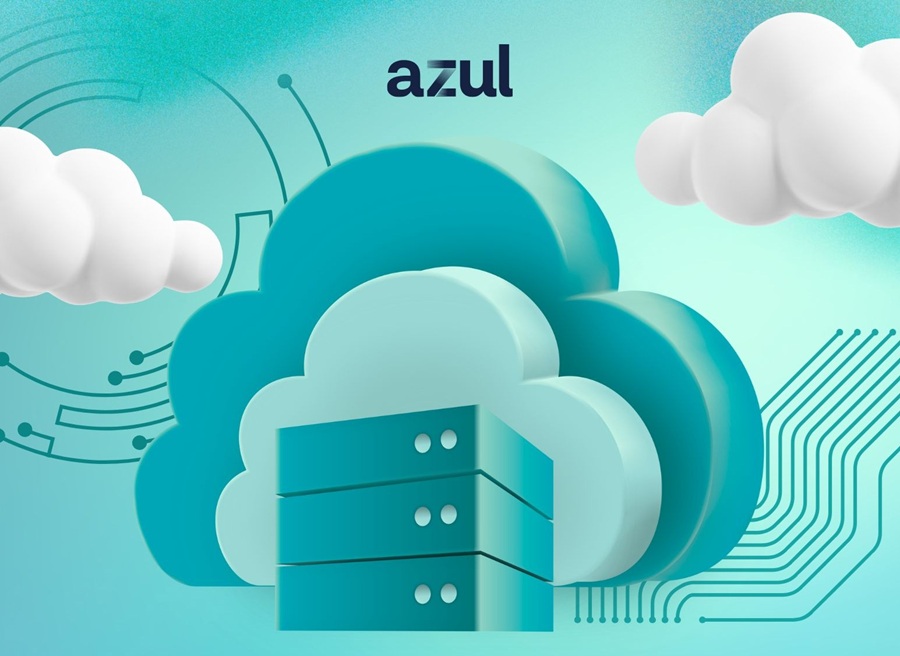New Relic, the SaaS-based cloud application performance management provider, announced the availability of New Relic RightScripts for .NET, PHP, and Java on the RightScale cloud management platform.
Available now in the RightScale MultiCloud Marketplace, RightScale customers can quickly and easily run RightScripts to deploy New Relic on RightScale managed cloud servers for monitoring and troubleshooting their applications.
All RightScale customers receive unlimited use of New Relic Standard free of charge.
The addition of New Relic RightScripts now makes implementing New Relic even easier. In addition to one-click account creation, RightScale customers can easily deploy New Relic by simply adding the RightScript to a ServerTemplate, providing the proper inputs, and launching a server. Customers get the critical data they need to monitor and manage application performance in real time, all accessible through the RightScale management console.
RightScale and New Relic have partnered to offer unlimited use of New Relic Standard free of charge to all RightScale customers.
RightScale customers can sign up today from within their RightScale Dashboard by clicking on the “New Relic” link under “Reports.”
New RightScripts are available in the RightScale MultiCloud Marketplace.
Organizations that want to try RightScale and New Relic can sign up for a RightScale free edition to get started. New Relic RightScript support for Ruby already exists and Python support is on the horizon.
The Latest
As enterprises accelerate their cloud adoption strategies, CIOs are routinely exceeding their cloud budgets — a concern that's about to face additional pressure from an unexpected direction: uncertainty over semiconductor tariffs. The CIO Cloud Trends Survey & Report from Azul reveals the extent continued cloud investment despite cost overruns, and how organizations are attempting to bring spending under control ...

According to Auvik's 2025 IT Trends Report, 60% of IT professionals feel at least moderately burned out on the job, with 43% stating that their workload is contributing to work stress. At the same time, many IT professionals are naming AI and machine learning as key areas they'd most like to upskill ...
Businesses that face downtime or outages risk financial and reputational damage, as well as reducing partner, shareholder, and customer trust. One of the major challenges that enterprises face is implementing a robust business continuity plan. What's the solution? The answer may lie in disaster recovery tactics such as truly immutable storage and regular disaster recovery testing ...
IT spending is expected to jump nearly 10% in 2025, and organizations are now facing pressure to manage costs without slowing down critical functions like observability. To meet the challenge, leaders are turning to smarter, more cost effective business strategies. Enter stage right: OpenTelemetry, the missing piece of the puzzle that is no longer just an option but rather a strategic advantage ...
Amidst the threat of cyberhacks and data breaches, companies install several security measures to keep their business safely afloat. These measures aim to protect businesses, employees, and crucial data. Yet, employees perceive them as burdensome. Frustrated with complex logins, slow access, and constant security checks, workers decide to completely bypass all security set-ups ...

In MEAN TIME TO INSIGHT Episode 13, Shamus McGillicuddy, VP of Research, Network Infrastructure and Operations, at EMA discusses hybrid multi-cloud networking strategy ...
In high-traffic environments, the sheer volume and unpredictable nature of network incidents can quickly overwhelm even the most skilled teams, hindering their ability to react swiftly and effectively, potentially impacting service availability and overall business performance. This is where closed-loop remediation comes into the picture: an IT management concept designed to address the escalating complexity of modern networks ...
In 2025, enterprise workflows are undergoing a seismic shift. Propelled by breakthroughs in generative AI (GenAI), large language models (LLMs), and natural language processing (NLP), a new paradigm is emerging — agentic AI. This technology is not just automating tasks; it's reimagining how organizations make decisions, engage customers, and operate at scale ...
In the early days of the cloud revolution, business leaders perceived cloud services as a means of sidelining IT organizations. IT was too slow, too expensive, or incapable of supporting new technologies. With a team of developers, line of business managers could deploy new applications and services in the cloud. IT has been fighting to retake control ever since. Today, IT is back in the driver's seat, according to new research by Enterprise Management Associates (EMA) ...
In today's fast-paced and increasingly complex network environments, Network Operations Centers (NOCs) are the backbone of ensuring continuous uptime, smooth service delivery, and rapid issue resolution. However, the challenges faced by NOC teams are only growing. In a recent study, 78% state network complexity has grown significantly over the last few years while 84% regularly learn about network issues from users. It is imperative we adopt a new approach to managing today's network experiences ...

